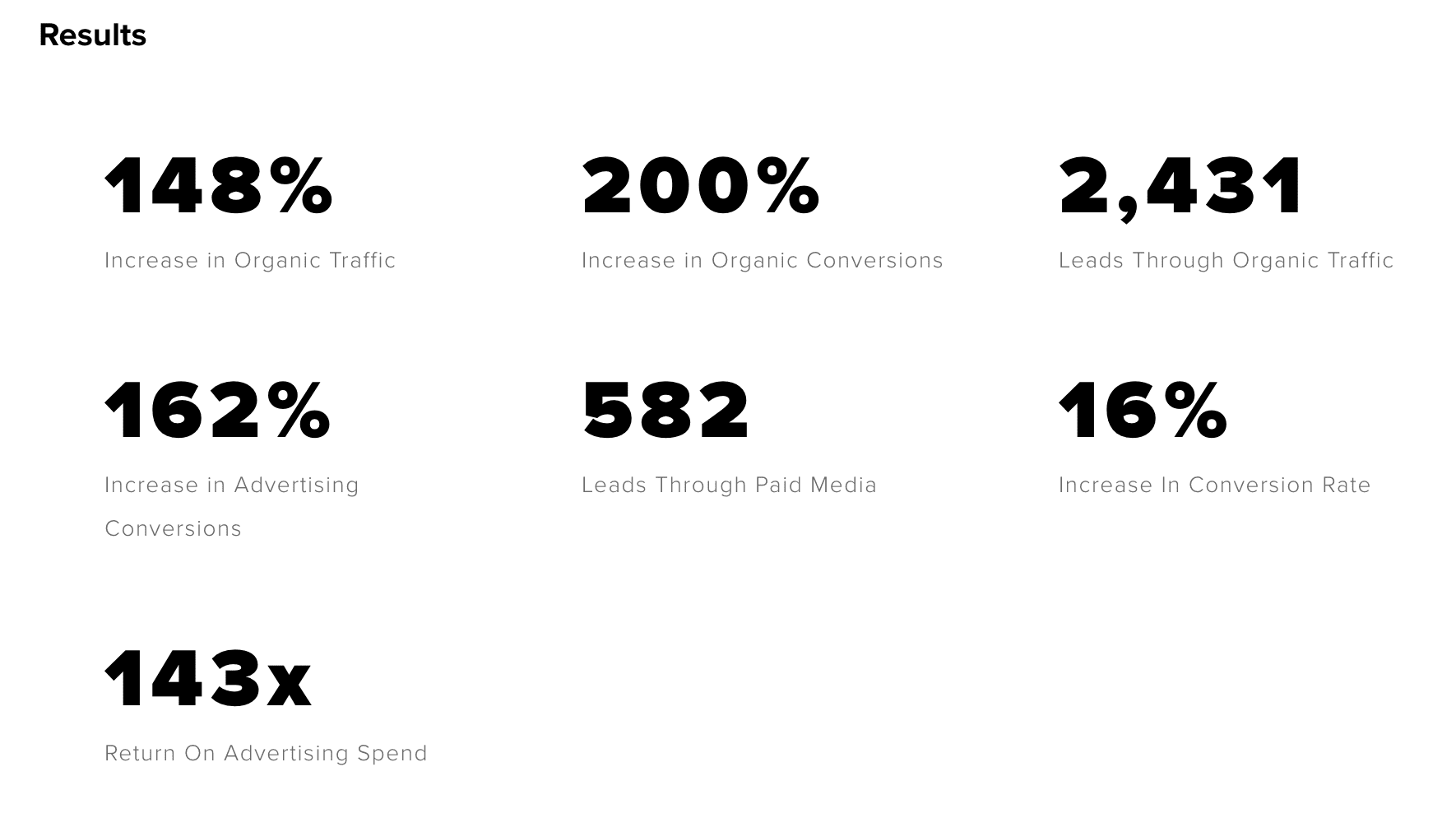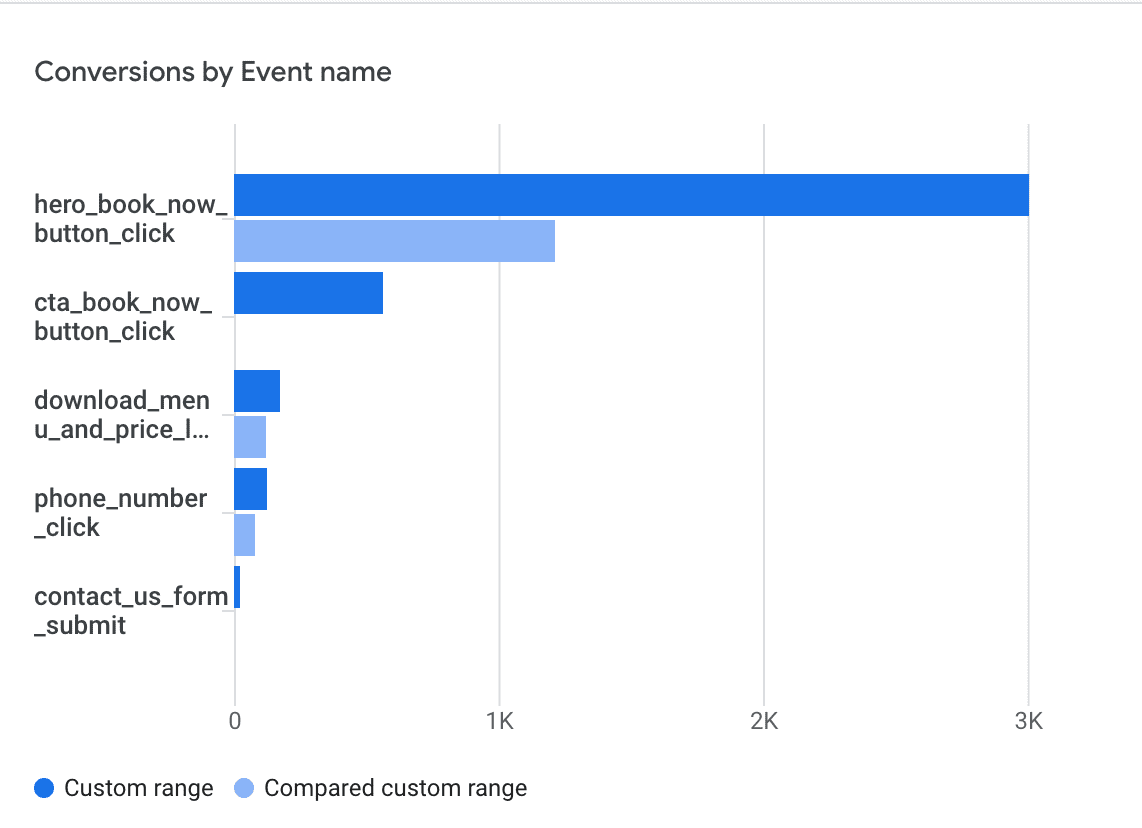In today’s fast-paced and competitive business landscape, setting effective marketing goals and measuring marketing success is crucial for the growth and sustainability of any organization. By defining clear objectives and tracking relevant metrics, businesses can evaluate the effectiveness of their marketing efforts, make data-driven decisions, and optimize their strategies for maximum impact. Let’s explore some essential tips for setting goals and measuring marketing success.
Define SMART Goals:
When setting marketing goals, it’s essential to follow the SMART framework, which stands for Specific, Measurable, Attainable, Relevant, and Time-bound. Specific goals are clear and well-defined, such as increasing website traffic by 20% or generating 100 qualified leads per month. Measurable goals are quantifiable, allowing you to track progress and assess success. Attainable goals are realistic and achievable based on available resources and capabilities. Relevant goals align with your overall business objectives and target audience. Time-bound goals have a specific deadline or timeframe, providing a sense of urgency and focus.
Align Goals with Business Objectives:
Connecting marketing objectives with the business’s overall objectives is essential to ensure your marketing efforts align with the broader organizational goals. This alignment creates synergy and ensures that marketing initiatives contribute to the growth and success of the company. For example, if the business objective is to increase market share, a corresponding marketing goal could be to achieve a specific percentage increase in market share within a designated time frame.
Identify Key Performance Indicators (KPIs):
Identify key performance indicators (KPIs) aligned with your marketing goals. KPIs provide insights into your campaign’s effectiveness. They could include website traffic, conversion rates, customer acquisition costs, email open rates, social media engagement, and revenue generated from paid advertising. Selecting the right KPIs allows you to monitor progress and make adjustments to your marketing strategies.

Example KPIs from a successful marketing campaign
Set Baselines and Track Progress:
Baseline metrics are essential for measuring the success of your marketing efforts. Baselines serve as reference points and allow you to track progress against your goals. Comparing performance with baseline metrics, you can gauge the effectiveness of your marketing initiatives. Regularly review and update these metrics to stay on top of your progress and make adjustments.


Example baseline metrics showing increased users and conversions over time
Utilize Analytics Tools:
Leverage the power of analytics tools to track and measure your marketing success. Platforms like Google Analytics, social media insights, and marketing automation software provide valuable data and analytics that enable you to understand customer behavior, track campaign performance, and measure the ROI of your marketing activities. Use these tools to gain actionable insights, identify trends, and make informed decisions to optimize your marketing strategies.

Example Google Analytics data
Continuous Monitoring and Iteration:
Marketing is an ever-evolving field, and success is not a one-time achievement. It requires continuous monitoring, analysis, and iteration. Regularly review your marketing goals, metrics, and strategies to identify areas for improvement and capitalize on new opportunities. Be flexible and adapt your approach based on the insights gained from your data analysis. This iterative process ensures that your marketing efforts stay relevant, effective, and aligned with your business goals.
Driving Sustainable Growth
Setting marketing goals and measuring marketing success is vital for any business aiming to thrive in today’s competitive landscape. By following the tips mentioned above, such as setting SMART goals, aligning objectives with business goals, identifying KPIs, utilizing analytics tools, and engaging in continuous monitoring and iteration, businesses can optimize their marketing strategies and achieve meaningful results. Remember, effective goal-setting and measurement provide valuable insights that enable businesses to make data-driven decisions, increase ROI, and drive sustainable growth in the dynamic world of marketing.
To take your marketing efforts to the next level, contact ELMNTL today. Our team’s expertise and innovative solutions will help you achieve your marketing objectives and thrive in today’s ever-evolving world.







